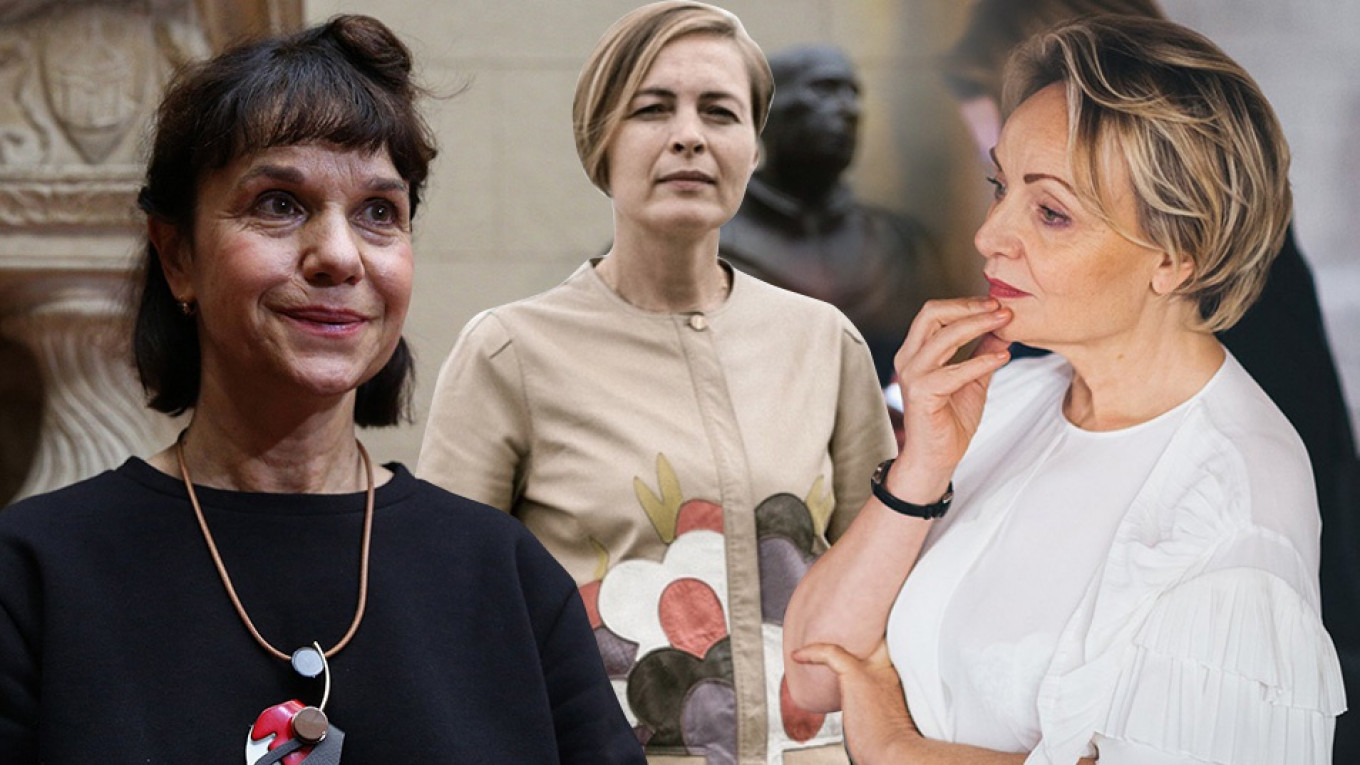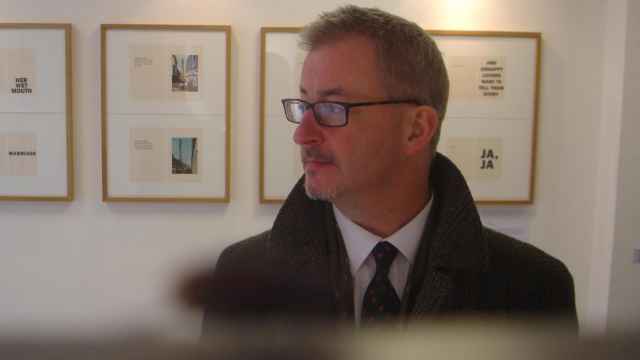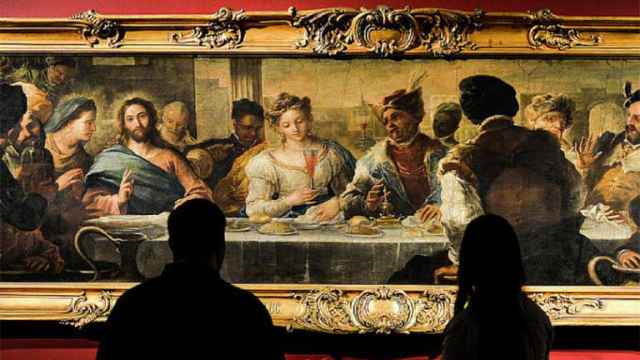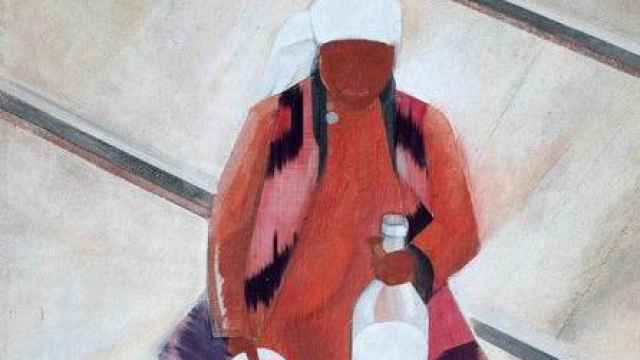At that magical turning point in the calendar as one year is ending and another is about to begin, we asked people who make or critique the arts in Russia about their hopes and fears for the new year. Are they more hopeful than fearful? Do they hope for a successful year for themselves or are they anxious about their prospects? Is 2019 likely to be a banner year for their particular area of culture or do they foresee hard times ahead? The result is more than we expected: a snapshot of Russian cultural life in all its glorious diversity — and a delightful reminder of what it’s like to be young, successful and very much in love.
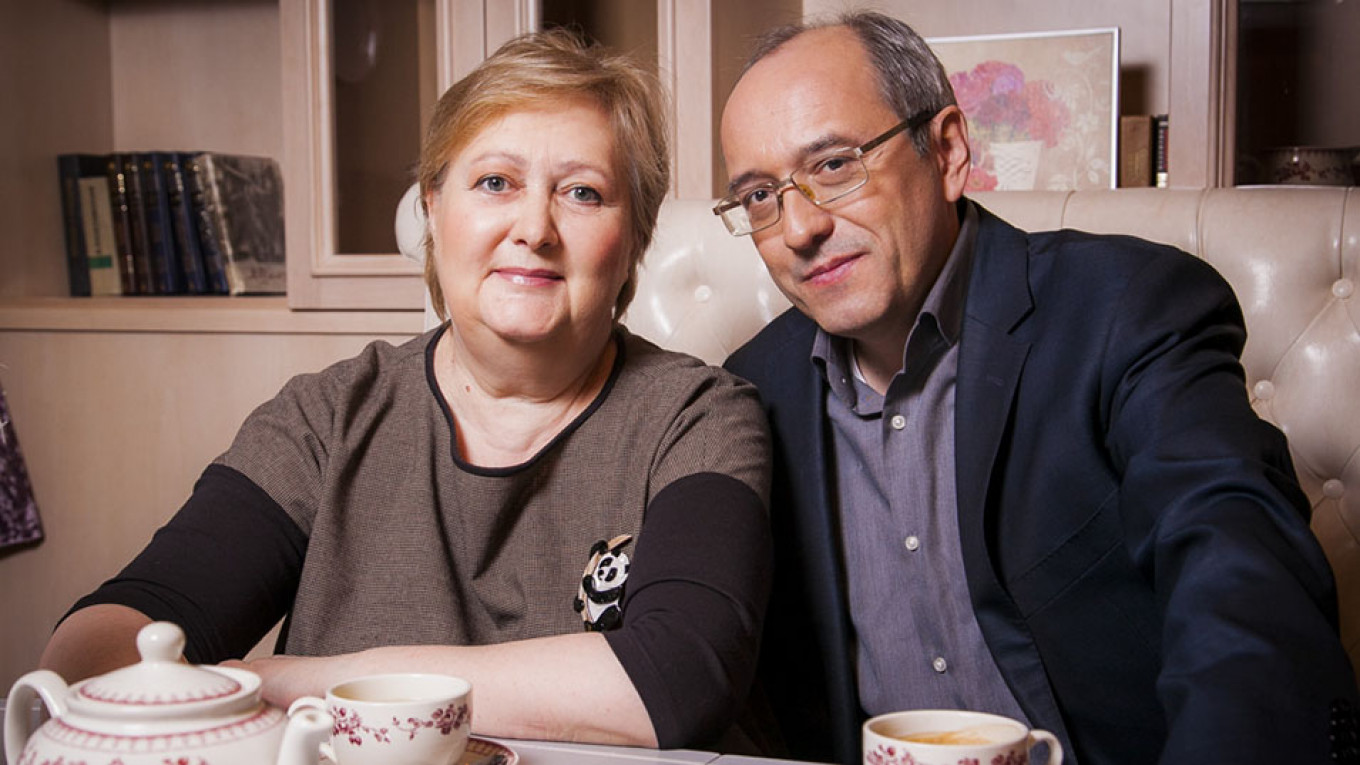
Olga and Pavel Syutkin, historians of Russian cuisine
For people like us in Russian cuisine, we have great hopes that in 2019 we'll see it become more popular in Russia and abroad. We hope that this period of self-imposed sanctions on food imports will fade into the past along with the reason they were instituted. We hope that our fellow citizens will finally be able to stop counting out their last kopeks as they stand in front of grocery store counters. The flip side of this is our fear that it won’t happen, since events, alas, don’t seem to be heading that way. Crises, wars, falling incomes — how we wish these would stay in the outgoing year! So that at the end of 2019 we'd think back and be amazed at these events in our fantastical history.
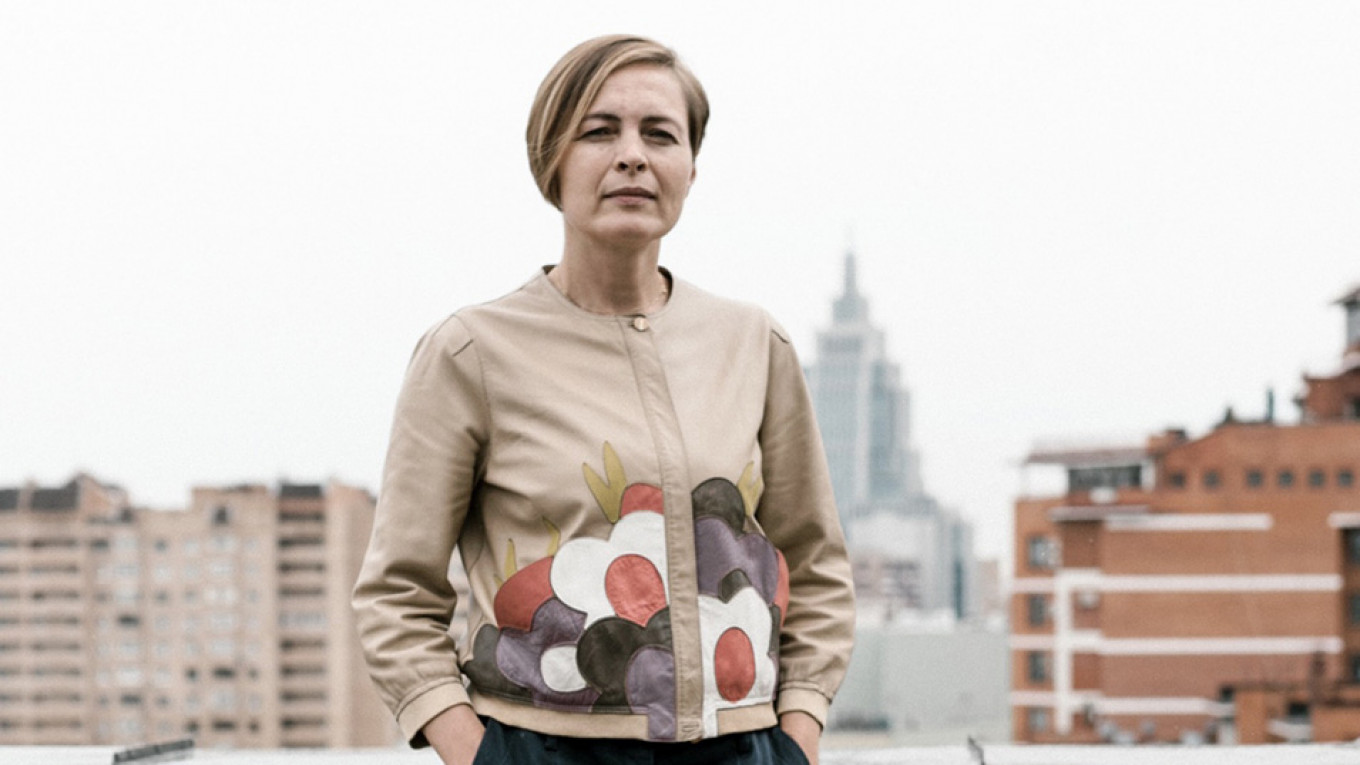
Yelena Kovalskaya, art director at the Meyerhold Center (TsIM)
Next year is the official Year of Theater, so there will be additional funding and some theaters will be able to accomplish certain things they haven’t had enough money for. There’ll also be a whole Theater Olympics in St. Petersburg. It looks like the government is trying to tame the obstinate theater with carrots and sticks. ForTsIM, next year will be the year of documentary theater, dedicated to its founders in Russia, Yelena Gremina and Mikhail Ugarov, who passed away in 2018.
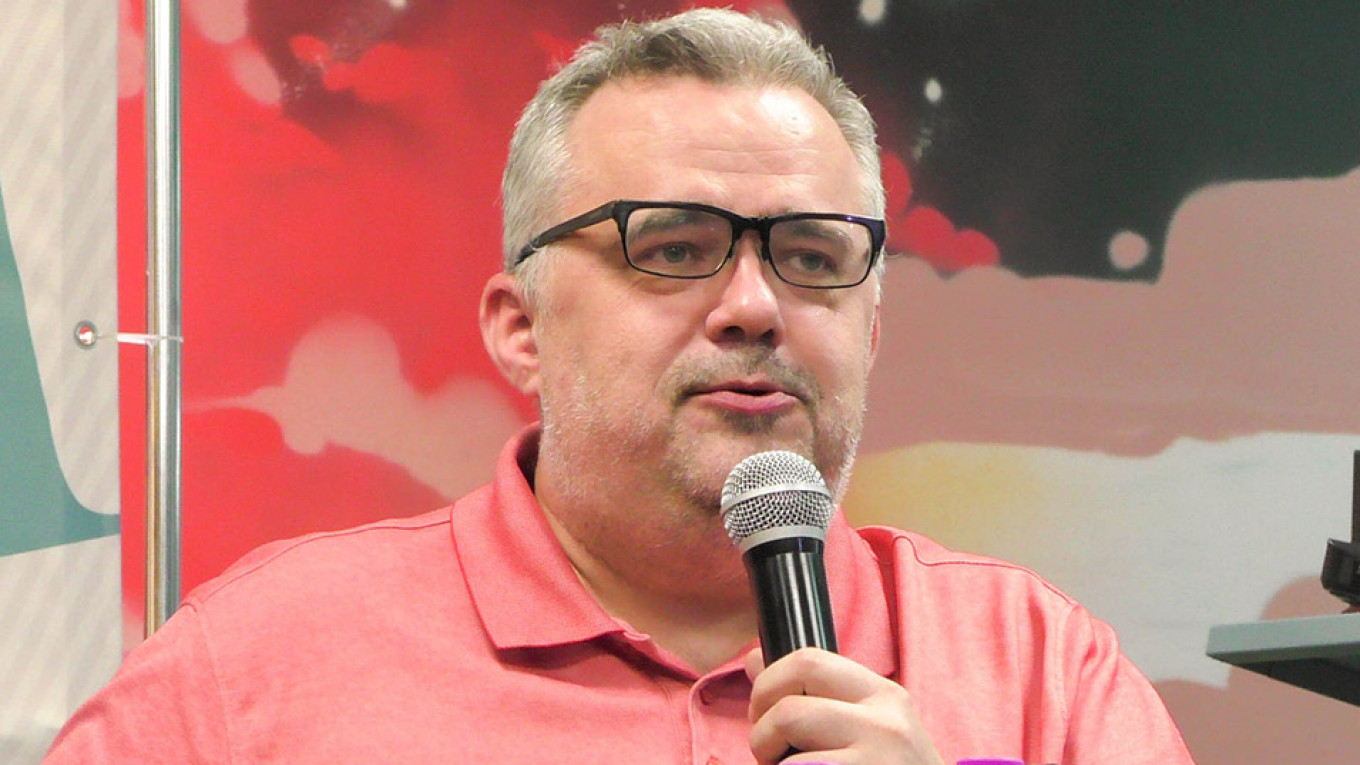
Yury Saprykin, writer
My hope: The situation in Russia today looks more and more like the late Soviet Union: Cold War, ideological pressure from the state, soft but tangible repression. And just like the 1970s, more and more cultural figures are going into internal emigration and refusing to collaborate with the state. This is not an easy path, but it is productive: Less clamor and compromise, more novels and poems. It is easier today than back then since there are independent publishing houses, theater projects and film producers, and the pressure from the state is not absolute. Those new novels and films created without even a glance at official imprimatur and commercial success are what I’m hoping for. And I can’t wait to see parts of the film “Dau” by Ilya Khrzhanovsky on the big screen. It is an amazing film, like nothing else ever made before.
My fear: War.
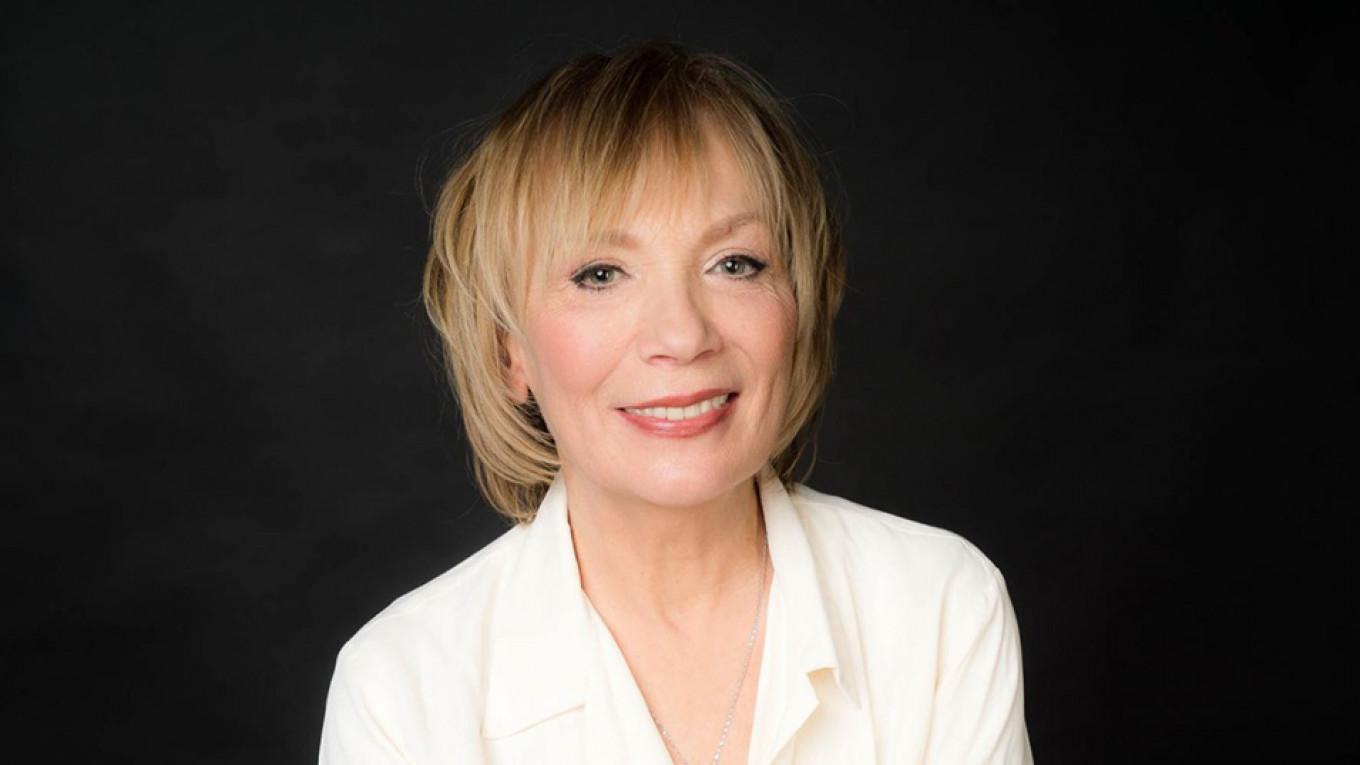
Elena Koreneva, film and theater actress
In 2019, I hope that the “theater affair” ends without any jail terms for director Kirill Serebrennikov, producer Alexei Malobrodsky, Seventh Studio general director Yury Itin and Culture Ministry official Sofia Apfelbaum. There is no point hoping they will be acquitted, given the tendencies of the court — even though no sane person watching the trial could believe in their guilt. Serebrennikov should be free and in charge of his theater, the Gogol Center.
I dream that Ukrainian film director Oleg Sentsov will be released from his 20-year sentence and that there will be an exchange of Ukrainian and Russian prisoners — one of Sentsov’s demands during his 145-day hunger strike. My personal hopes are connected with rehearsals for a role in a new production at the Gogol Center. I’m also hoping for the success of an anti-utopian web series called “The Wrong Ones.” Five pilot episodes were filmed last summer by director Vladimir Mirzoyev. I have a very interesting role. My professional fears are the flip side of my hopes.
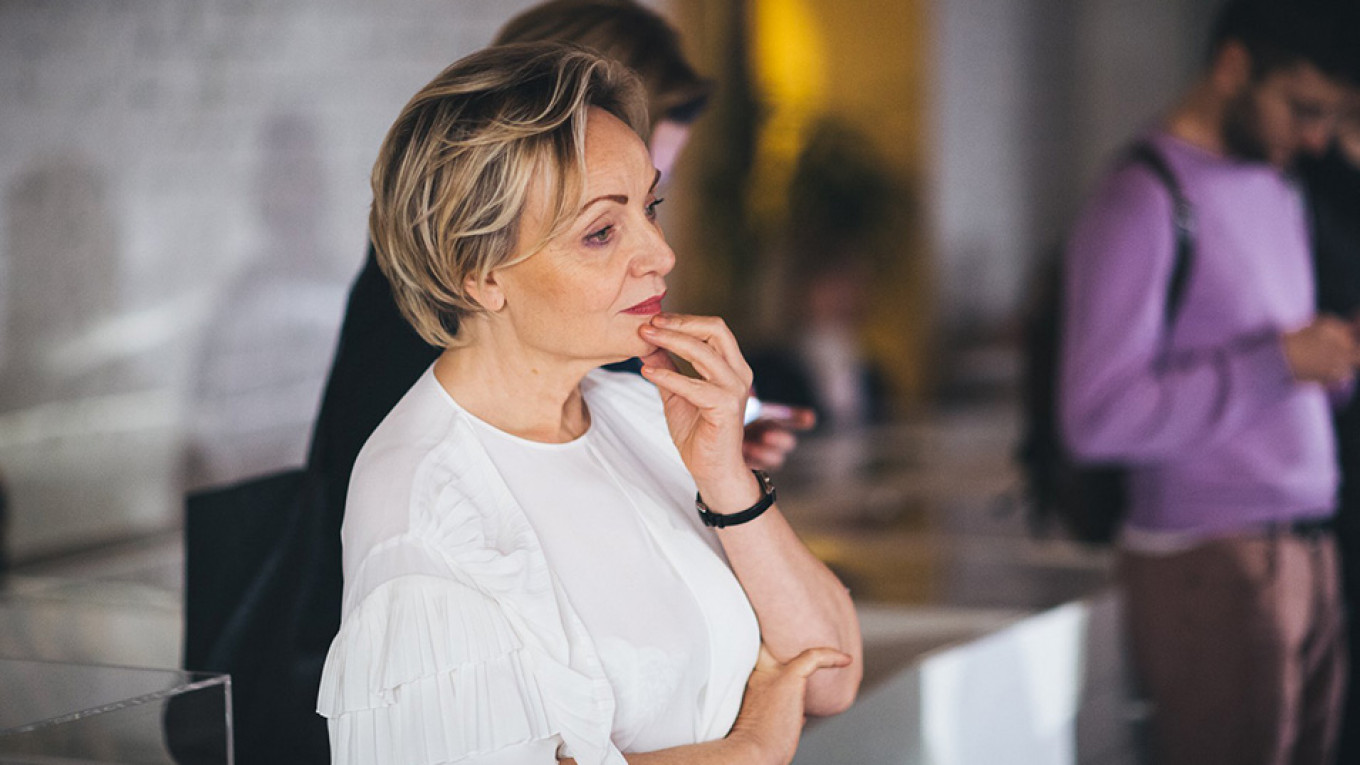
Teresa Iarocci Mavica, director of the V-A-C Foundation
My great hope for next year is to see Russia discover a better understanding of the real power of culture as an instrument that is able to change minds over time.
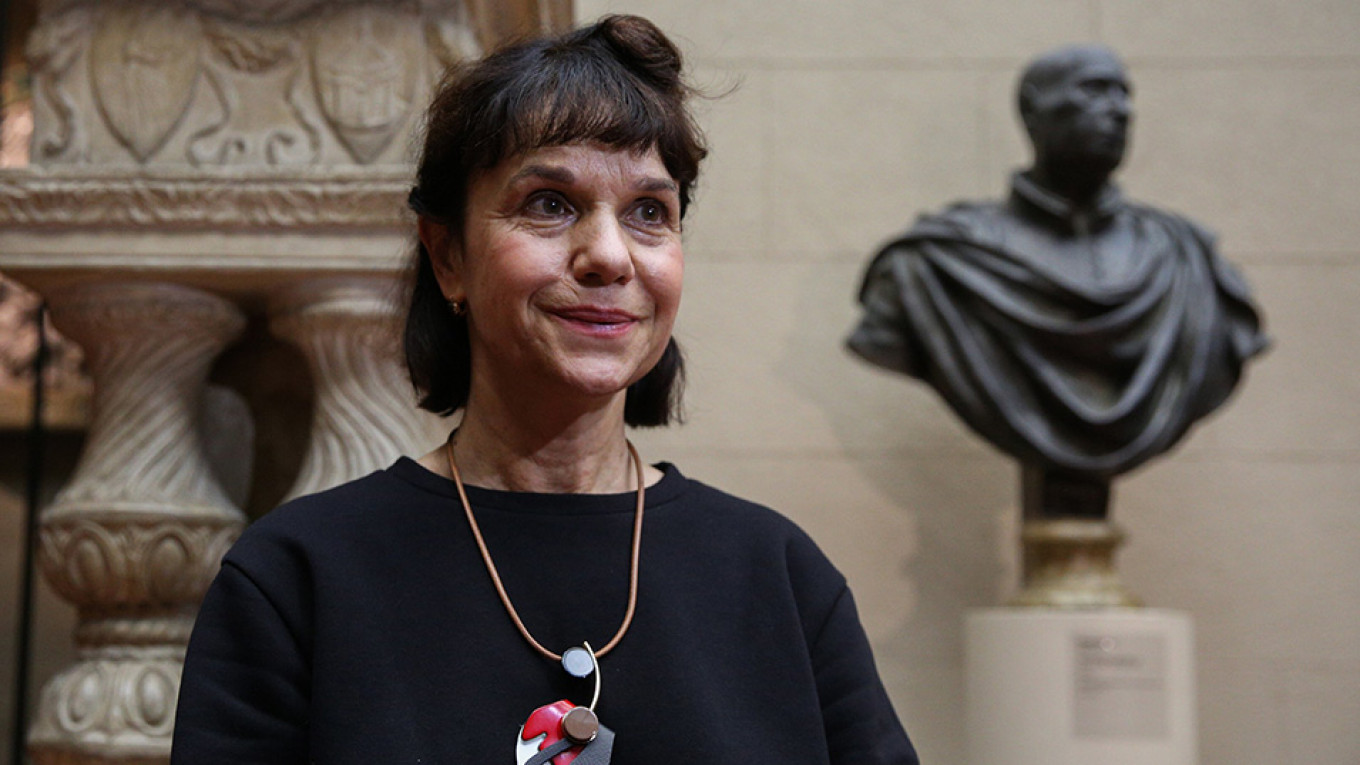
Marina Loshak, director of The Pushkin StateMuseum of Fine Arts
Our hopes are to continue what we have already started. My fear is to not be able to realize my own hopes and plans. We count on only moving forward. We’ve already begun building a new museum within the old walls. And I don’t mean just physically, but mentally too.
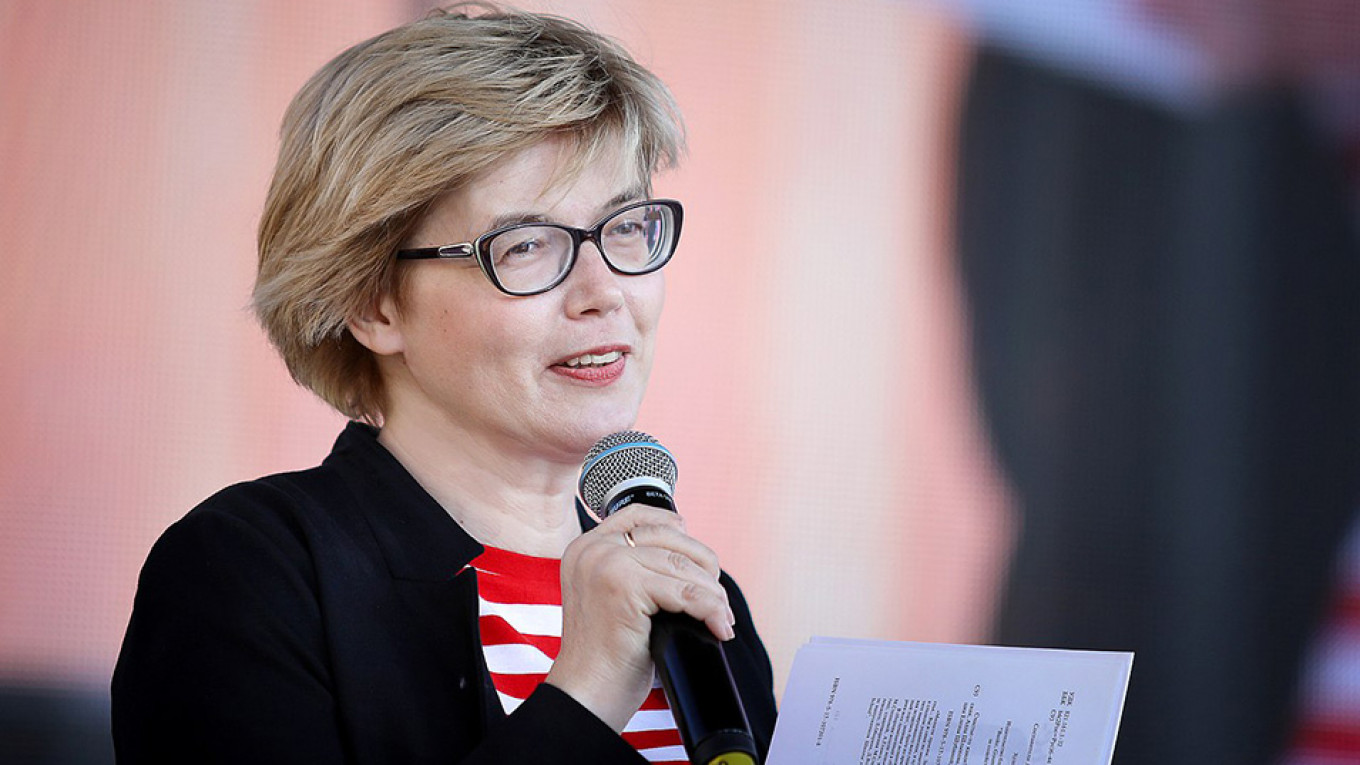
Maya Kucherskaya, writer
I really hope that in 2019 one brilliant poet and one brilliant writer will get published in Russia. And everyone will shout: “Finally, a new Pushkin, a new Gogol, has been born!” But at the same time, I am very afraid that this will not happen.
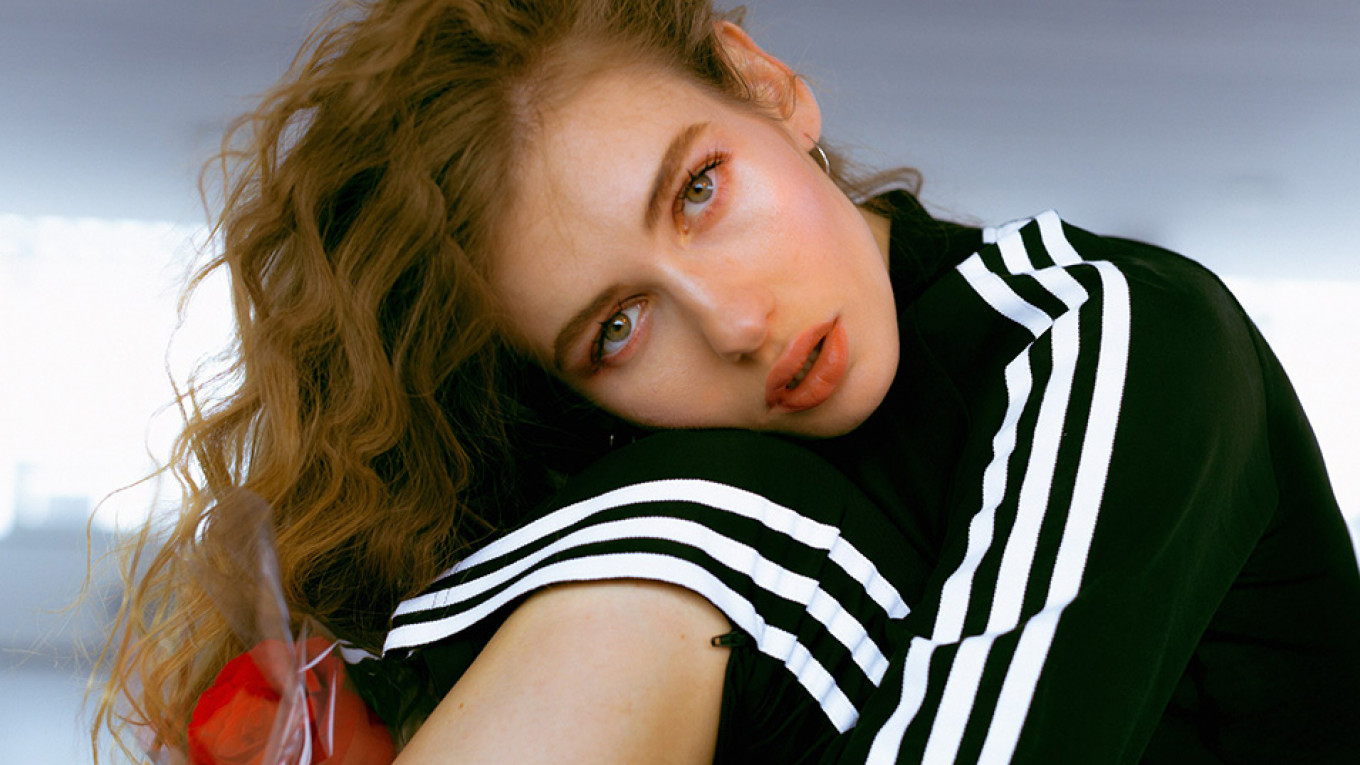
Kristina Gerasimova, aka Luna, singer-songwriter
I feel that the new year will be very special in terms of both my personal and creative development. The way I feel about the recent events in my life — the release and success of my new album and a great tour to support it, a sea of love for and from me — inspire me to dream only about the most beautiful things. For me 2019 will also mean serious plans, new releases, big concerts, new projects and love — lots of happiness and love.
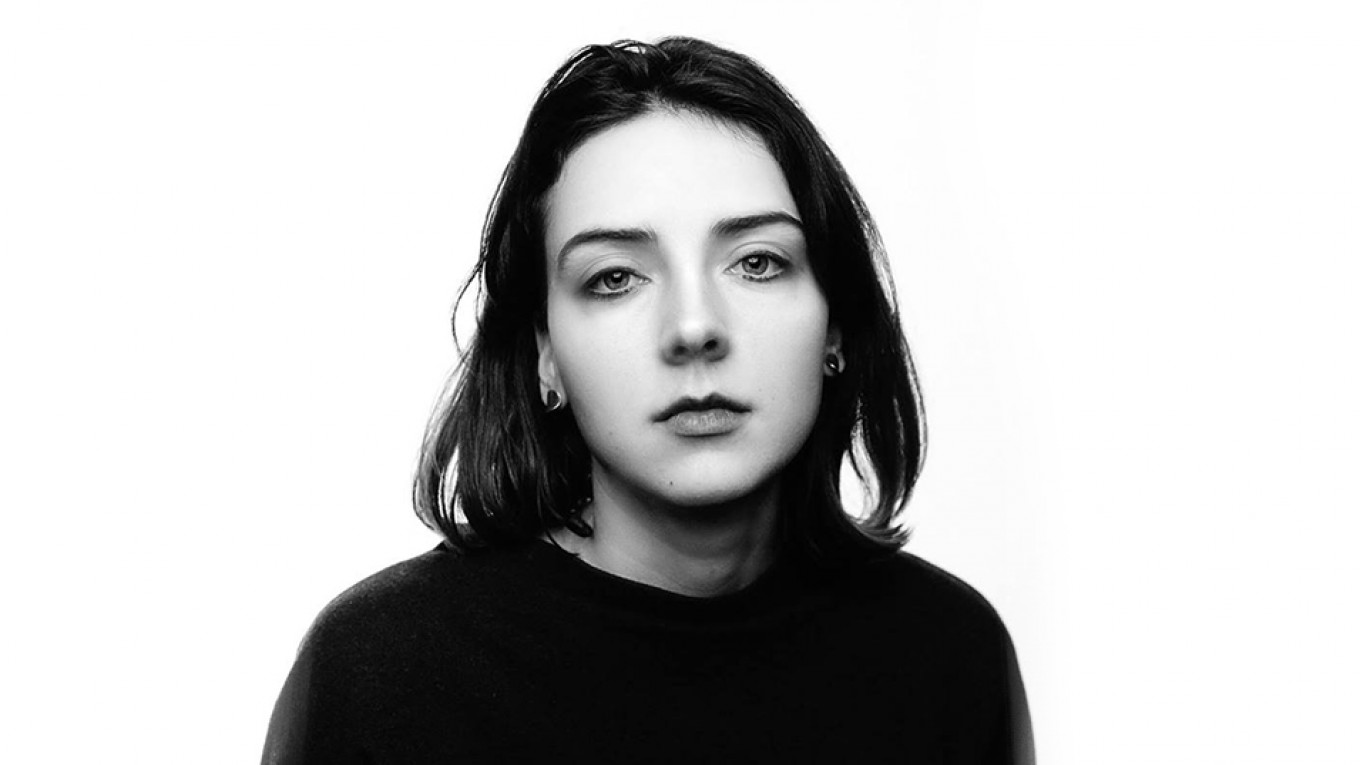
Marina Antsiperova, art critic
I am worried about the recent change in the leadership at the National Center for Contemporary Art (NCCA), since its regional branches are very important for the education of young artists. I’m also perplexed that the NCCA introduced a new award called “Tradition.” I can’t get my head around the fact that a contemporary art center could establish an award like that. It’s still unclear who will be in charge of the Russian Pavilion at the Venice Biennale next year, and the fate of the Moscow International Biennale of the Contemporary Art hasn’t been decided yet.
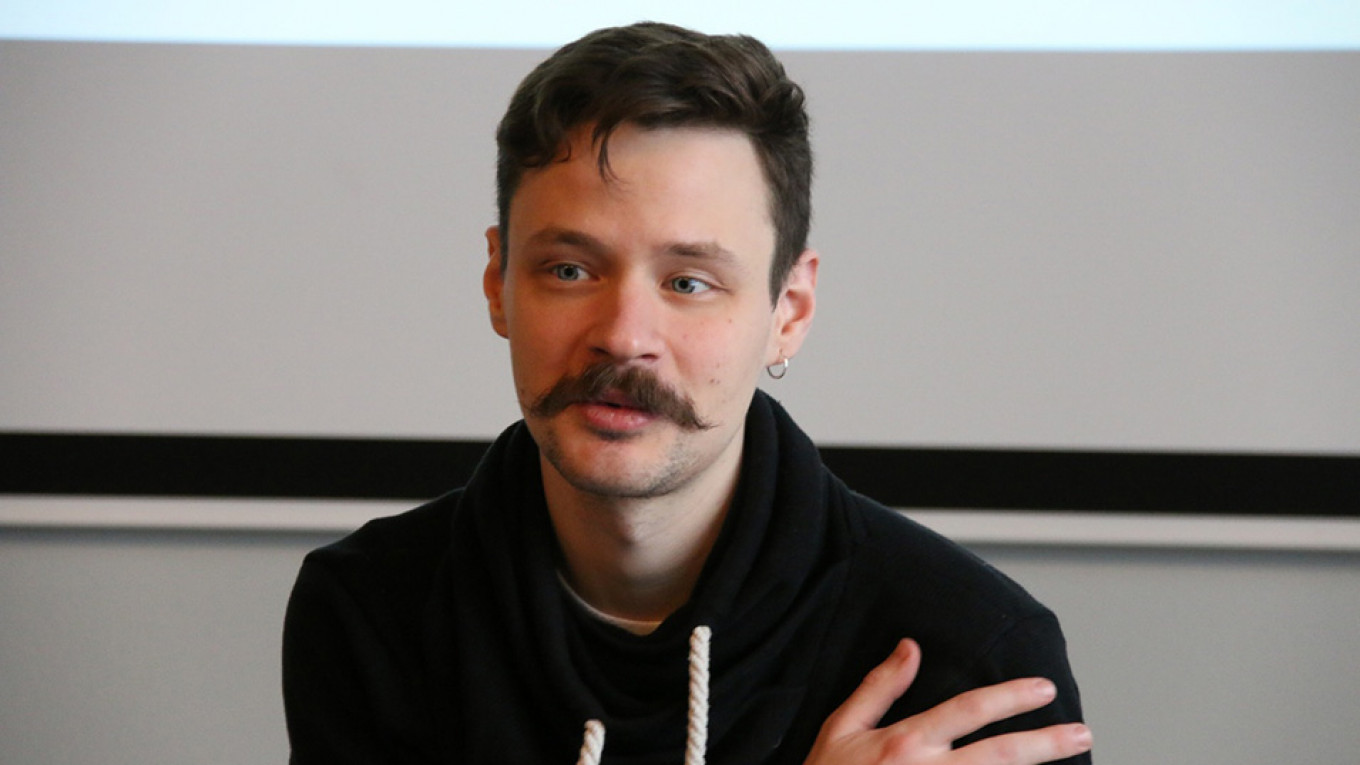
Alexei Kiselyov, theater critic
All our hopes are on the underground. People who work in the theater world should leave their buildings, go to the forests, seize the wasteland and squat on abandoned land. Top theater professionals should remember their teachers and start reviving old acting techniques. In a year or two it will be too late.
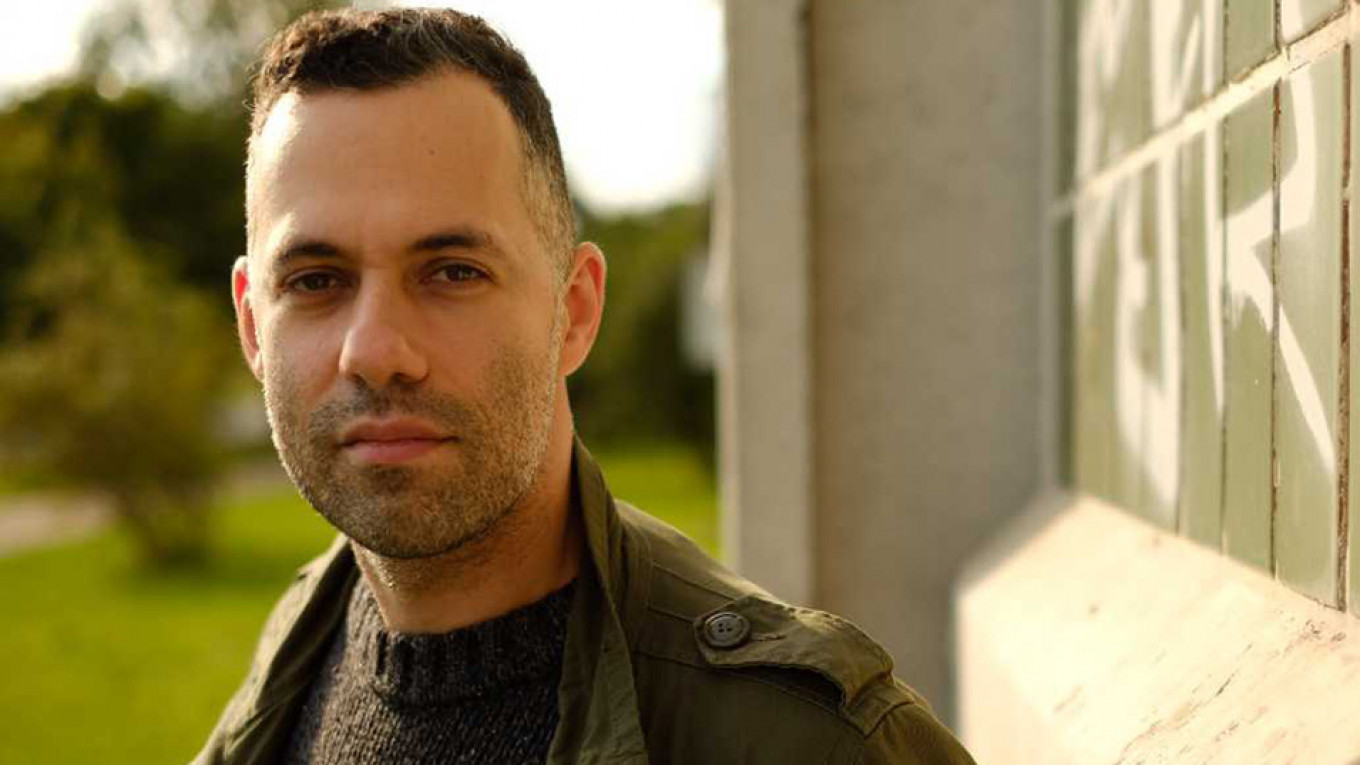
Michael Idov, writer, film director
I’m obviously dizzy with excitement about my first feature film, “The Humorist,” which is finally coming out in 2019. But I’m also happy to see the increasingly great company it is going to find itself in — it takes a kind of willful blindness not to see that Russian movies have been getting really good lately, and I am optimistic about this trend continuing into the new year.
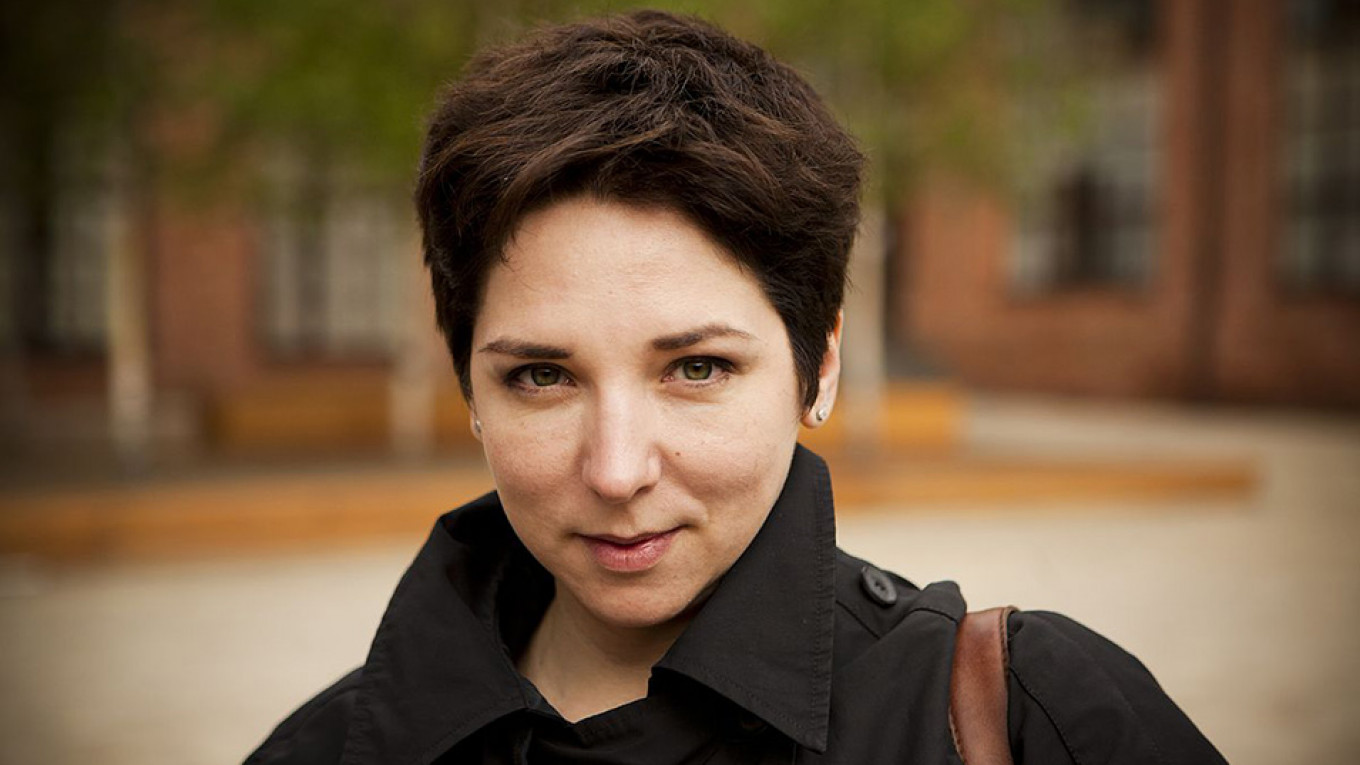
Catherina Gordeeva, journalist
I was born and raised in Russia and still live here, so I always hope for the best but prepare for the worst. I’m afraid that the ongoing and critically important trials of cultural and public figures will result in harsh sentences. I’m afraid that new trials will begin. I’m afraid — with good reason — that the new year will bring new trials of doctors and people working for charities. What do I hope for? I hope that society will find more strength to fight the state’s abuse of power and become a unifying force. But that hope is very small and probably perfunctory — like wishing for happiness on New Year’s Eve, even though you know there’s almost no chance of it.
A version of this article appeared in our special "Russia in 2019" print issue. For more in the series, click here.
A Message from The Moscow Times:
Dear readers,
We are facing unprecedented challenges. Russia's Prosecutor General's Office has designated The Moscow Times as an "undesirable" organization, criminalizing our work and putting our staff at risk of prosecution. This follows our earlier unjust labeling as a "foreign agent."
These actions are direct attempts to silence independent journalism in Russia. The authorities claim our work "discredits the decisions of the Russian leadership." We see things differently: we strive to provide accurate, unbiased reporting on Russia.
We, the journalists of The Moscow Times, refuse to be silenced. But to continue our work, we need your help.
Your support, no matter how small, makes a world of difference. If you can, please support us monthly starting from just $2. It's quick to set up, and every contribution makes a significant impact.
By supporting The Moscow Times, you're defending open, independent journalism in the face of repression. Thank you for standing with us.
Remind me later.



